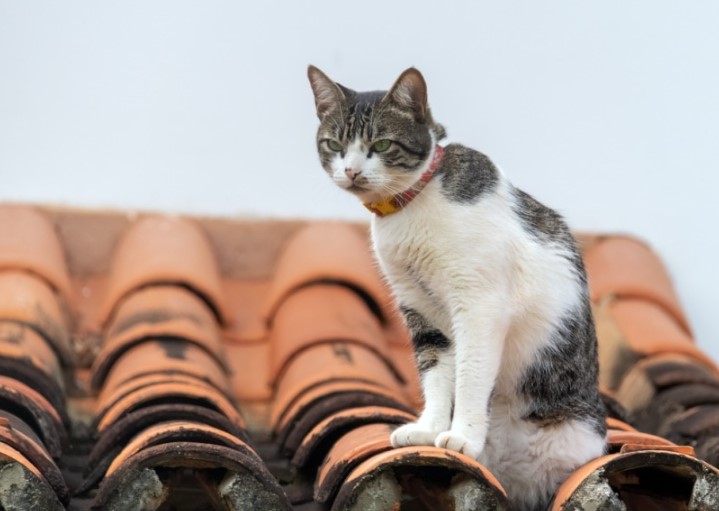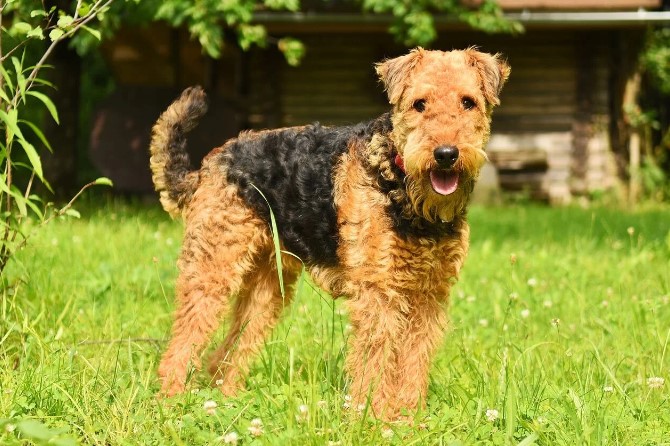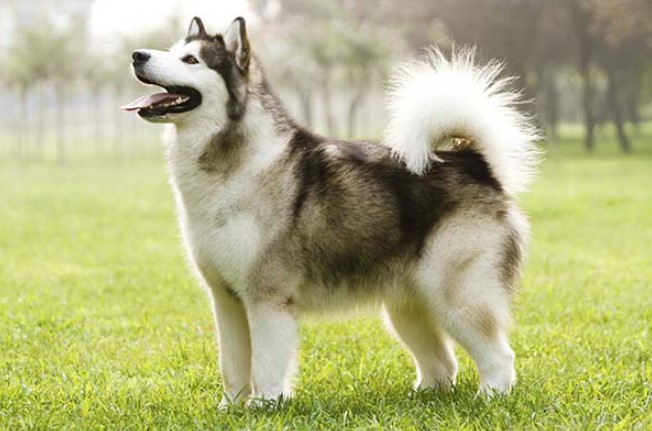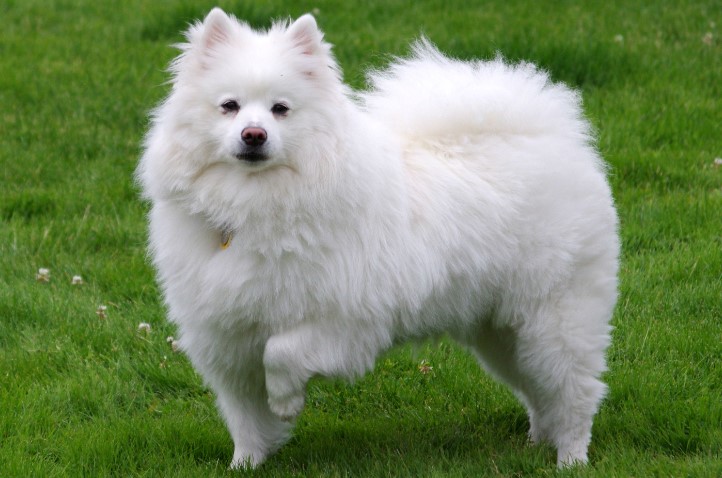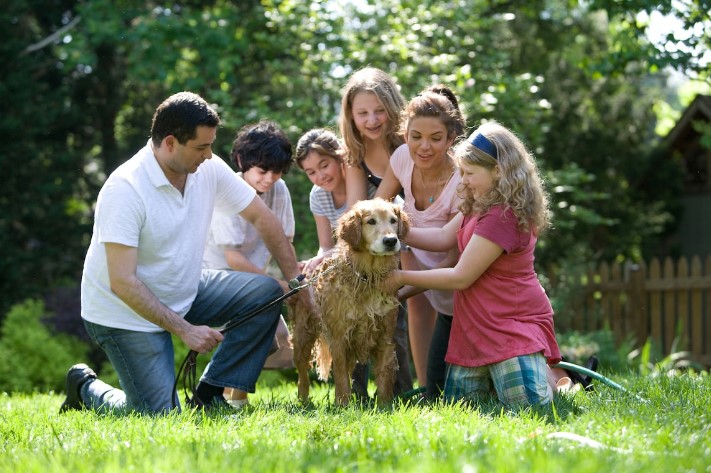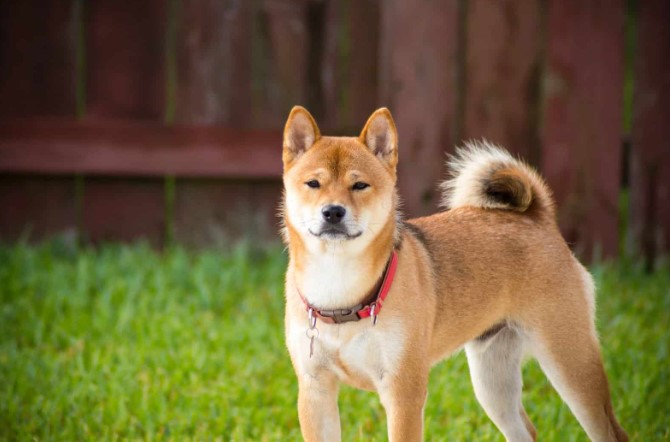
Unveiling the Majestic Akita Dog: A Companion with a Storied Heritage
Introduction to Akita Dogs
Akita dogs are a breed renowned for their imposing presence, unwavering loyalty, and deep-rooted history. Originating from Japan, these majestic canines have captivated the hearts of dog enthusiasts worldwide with their unique combination of strength, intelligence, and grace.
History and Origin
Hachiko: The Legendary Akita
One of the most famous Akita stories revolves around Hachiko, a faithful dog who became a symbol of loyalty in Japan. Despite his owner’s passing, Hachiko continued to wait at the train station for over nine years, showcasing the unwavering devotion characteristic of the breed.
Japanese Heritage
The Akita’s roots trace back to ancient Japan, where they served as revered hunting and guard dogs for nobility and royalty. With a lineage steeped in tradition, these dogs hold a special place in Japanese culture and folklore.
Physical Characteristics
Size and Build
Akita dogs are robust and well-built, boasting a powerful physique that commands attention. Typically large in size, males can weigh between 100 to 130 pounds, while females range from 70 to 100 pounds.
Coat Types and Colors
One of the defining features of Akita dogs is their dense double coat, which provides insulation against harsh weather conditions. Their coats come in various colors, including brindle, pinto, red, and white, with distinctive markings adding to their striking appearance.
Temperament and Personality
Loyalty and Devotion
Known for their unwavering loyalty, Akita dogs form deep bonds with their families and are fiercely protective of their loved ones. Their undying devotion makes them excellent companions and guardians.
Independence and Confidence
Despite their loyalty, Akita dogs also possess an independent streak and a strong sense of self-confidence. They are not afraid to assert themselves and may exhibit aloofness towards strangers, making early socialization crucial for ensuring well-rounded behavior.
Training and Socialization
Early Socialization
Early socialization is paramount for Akita puppies to develop proper behavior and temperament. Exposing them to various people, animals, and environments from a young age helps prevent behavioral issues and promotes healthy interactions.
Obedience Training
While Akita dogs are intelligent and quick learners, they can also be strong-willed and independent, requiring firm and consistent training methods. Positive reinforcement techniques work best, as harsh or punitive methods can lead to resistance or aggression.
Exercise and Activity Needs
Daily Exercise Requirements
Despite their imposing size, Akita dogs do not have exceptionally high exercise needs and can adapt well to apartment living. However, they still require daily walks, play sessions, and mental stimulation to prevent boredom and ensure their overall well-being.
Mental Stimulation
In addition to physical exercise, providing Akita dogs with mental stimulation is essential to keep their intelligent minds engaged. Interactive toys, training exercises, and puzzle games can help satisfy their need for mental challenges and prevent destructive behavior.
Grooming and Care
Coat Care
Maintaining the Akita’s double coat requires regular grooming to prevent matting and reduce shedding. Brushing several times a week helps remove loose fur and keeps their coat healthy and shiny.
Dental Hygiene
Like all dogs, Akita dogs require regular dental care to prevent dental issues such as tartar buildup and gum disease. Brushing their teeth regularly and providing dental chews or toys can help maintain their oral health.
Health Concerns
Common Health Issues
While generally healthy, Akita dogs are prone to certain health conditions, including hip dysplasia, progressive retinal atrophy, and autoimmune diseases. Regular veterinary check-ups and a balanced diet can help mitigate these risks and ensure their well-being.
Veterinary Care
Routine veterinary care is essential for monitoring the health and wellness of Akita dogs throughout their lives. Vaccinations, parasite prevention, and regular examinations help detect and address any potential health issues early on.
Akita as a Family Pet
Compatibility with Children
When properly socialized and trained, Akita dogs can make excellent family pets and companions for children. However, supervision is crucial, especially with younger children, to prevent any accidental rough play or conflicts.
Interaction with Other Pets
While Akita dogs can coexist peacefully with other pets, early socialization and proper introductions are key to fostering positive relationships. Monitoring their interactions and providing separate spaces when needed can help prevent any potential conflicts.
Adoption and Breeders
Choosing a Reputable Breeder
When considering adding an Akita dog to your family, it’s essential to research and choose a reputable breeder who prioritizes the health and well-being of their dogs. Responsible breeders conduct health screenings, provide proper care, and offer support and guidance to new owners.
Adopting from Shelters or Rescues
Alternatively, adopting an Akita from a shelter or rescue organization is a compassionate way to provide a loving home to a dog in need. Many Akitas are looking for forever homes, and adoption offers the opportunity to make a positive impact on a deserving animal’s life.
Conclusion
In conclusion, Akita dogs embody a perfect blend of strength, loyalty, and grace, making them cherished companions and guardians. With their rich history, distinct personality, and striking appearance, Akitas continue to capture the hearts of dog lovers around the world.
FAQs (Frequently Asked Questions)
- Are Akita dogs suitable for first-time dog owners?
- While Akitas are intelligent and loyal, their strong-willed nature may pose challenges for inexperienced owners. Proper training and socialization are crucial for success.
- Do Akita dogs require a lot of grooming?
- Yes, Akita dogs have a dense double coat that requires regular brushing to prevent matting and shedding. Additionally, they may need occasional baths to keep their coat clean and healthy.
- Are Akita dogs good with children?
- With proper socialization and supervision, Akita dogs can be excellent companions for children. However, interactions should always be monitored to prevent any potential conflicts.
- Do Akita dogs have any specific dietary requirements?
- Like all dogs, Akitas require a balanced diet tailored to their age, size, and activity level. High-quality dog food, supplemented with occasional treats, helps support their overall health and well-being.
- Are Akita dogs prone to any health issues?
- While generally healthy, Akita dogs may be susceptible to certain genetic health conditions, such as hip dysplasia and progressive retinal atrophy. Regular veterinary check-ups and a nutritious diet can help mitigate these risks.
